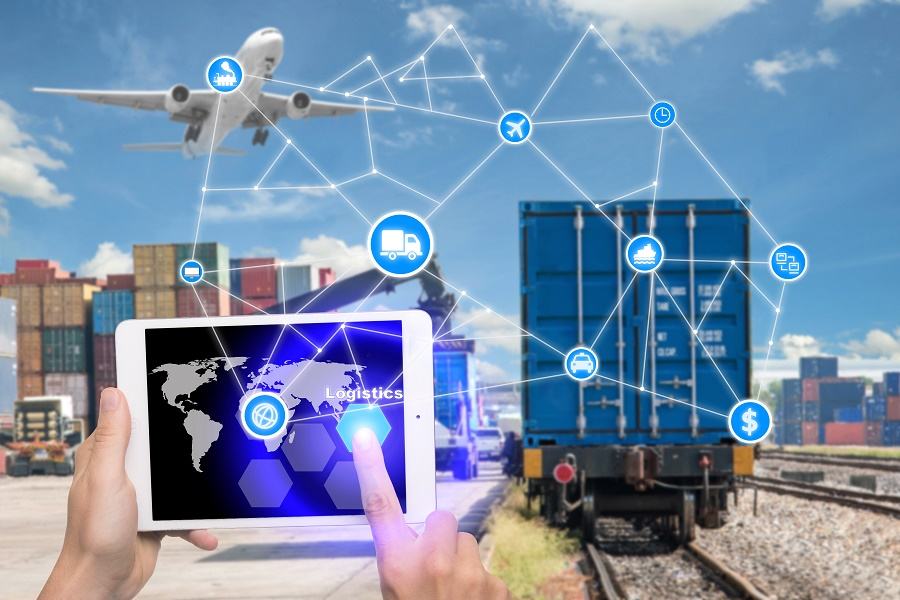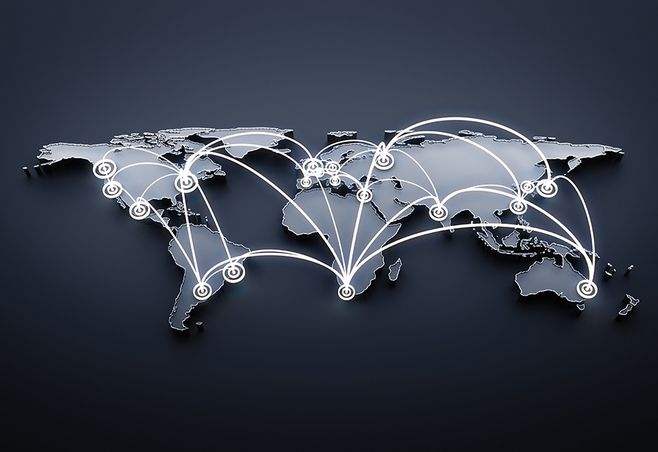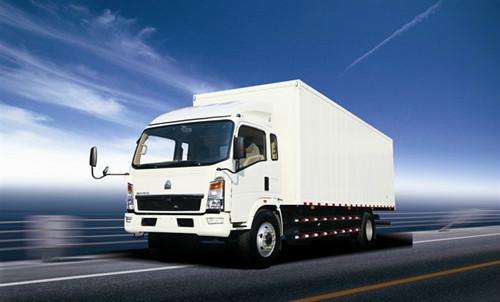How to reduce risks on the Guangzhou to Thailand logistics dedicated line
Any logistics and freight have certain risks, and the Thailand dedicated line is no exception. So how can we reduce risks and minimize losses? Next, we will introduce the logistics line from Guangzhou to Thailand.

Please provide specific information on the operation of the goods. If you are concerned that the foreign agent has not delivered the goods once, which may result in domestic customers not receiving payment. Due to the fact that the original bill of lading of the domestic agent is still in the hands of the customer, in this situation, if the customer files a lawsuit with the court, the domestic agent will undoubtedly suffer losses. If the payment amount is high, the agent may go bankrupt. If the agent's assets are not large, even if liquidated, the customer will not receive much compensation. Therefore, both agents and customers are losers, which can only be cheaper for foreign agents and shippers.

2. Unintentional or intentional operational errors by freight forwarders, such as ship mismatch, port errors, forgetting cargo insurance or document errors, resulting in delayed delivery of goods or problems with customs clearance at the destination port, will cause certain losses to customers. Currently, there are many such losses, many of which are too large to be achieved, and customers believe they have a lot of bad luck. As agents and customers are losers, on the one hand, we can join a formal international freight alliance because the organization will conduct pre audit, intermediate supervision, and timely troubleshooting to ensure the reputation and service quality of the alliance enterprises.
3. Freight forwarding liability insurance can be purchased. The advantage of this insurance is that the insured amount is very high, with a maximum compensation of $1 million per accident, equivalent to over $6 million. Basically, it can cover the value of most transported goods. In order to ensure the safety of customer goods, agents can avoid most of the losses caused by their own responsibilities.

The logistics industry in China has also made significant progress, similar to other parts of the national economy, gradually forming an operational mechanism based on market regulation, and increasing its contribution to logistics infrastructure such as transportation and communication. Industries related to logistics such as transportation, information communication, warehousing, packaging, and distribution have also experienced rapid development.
 中文
中文 THI
THI EN
EN
